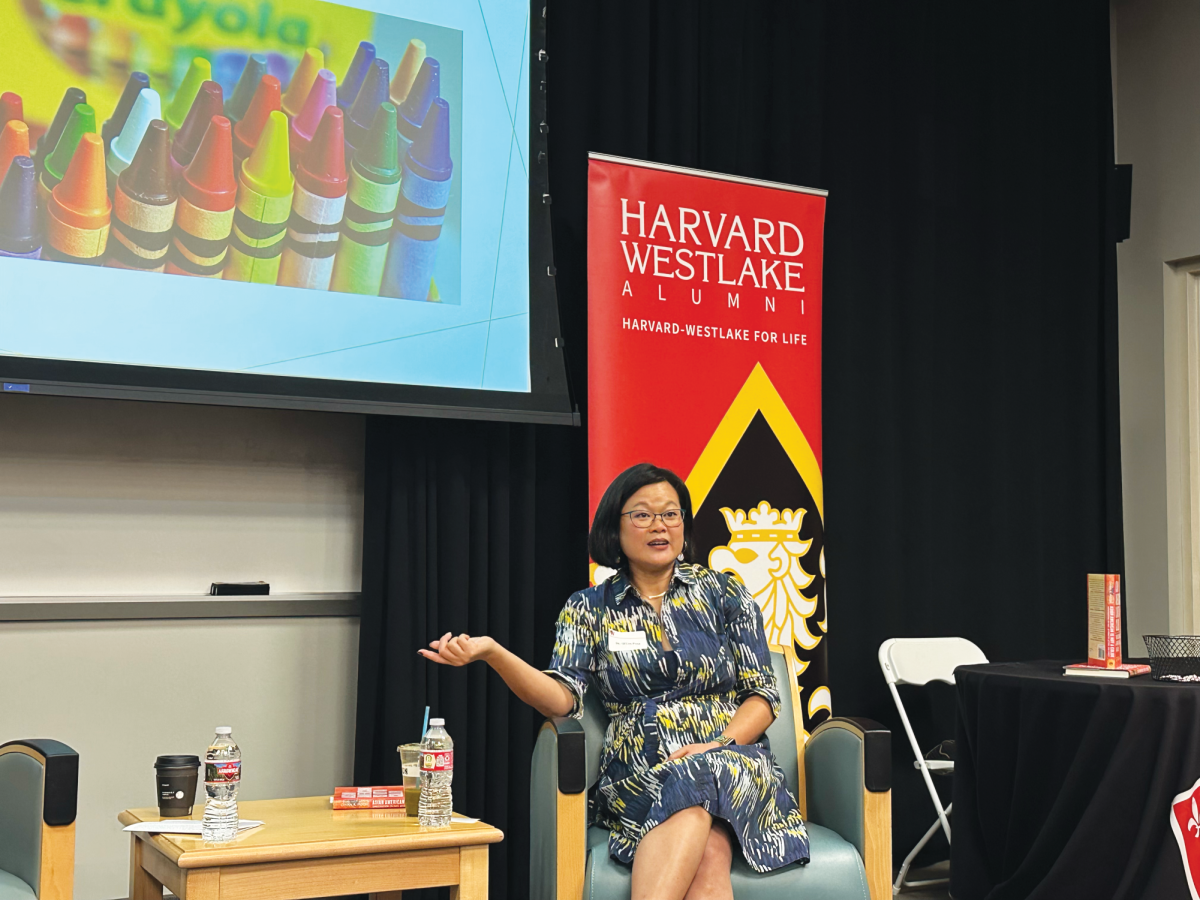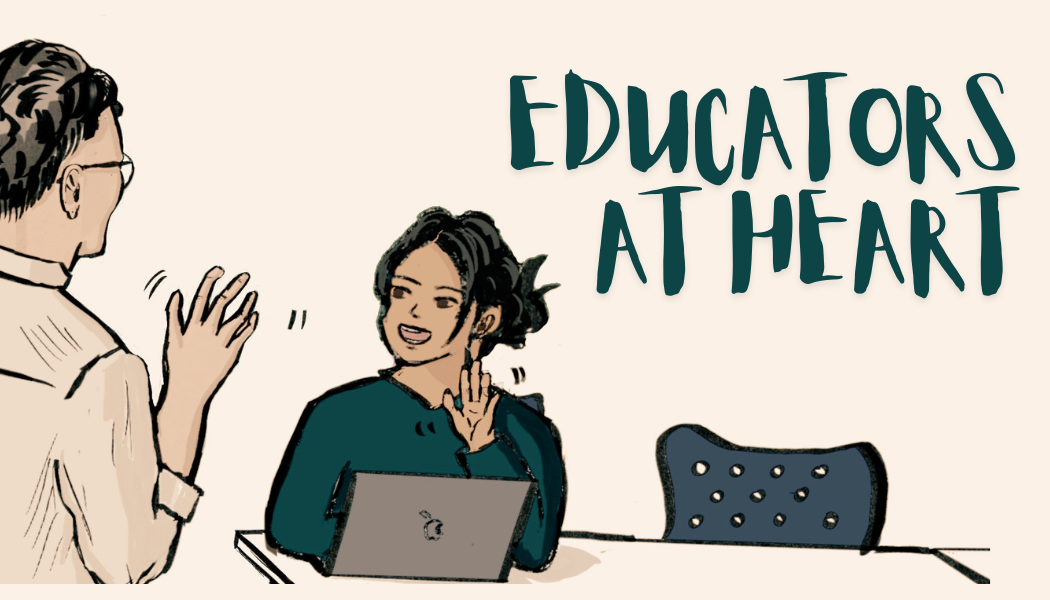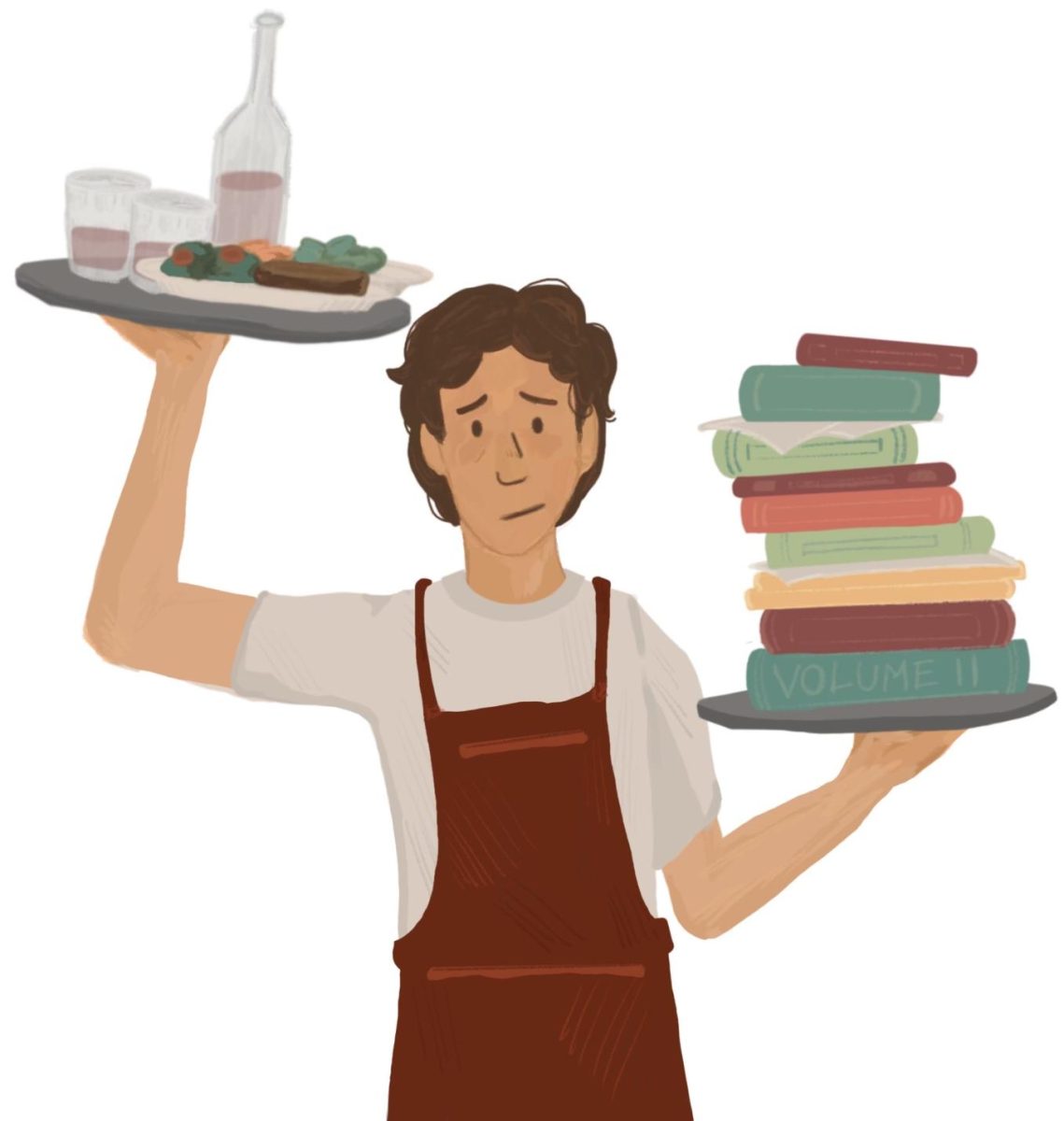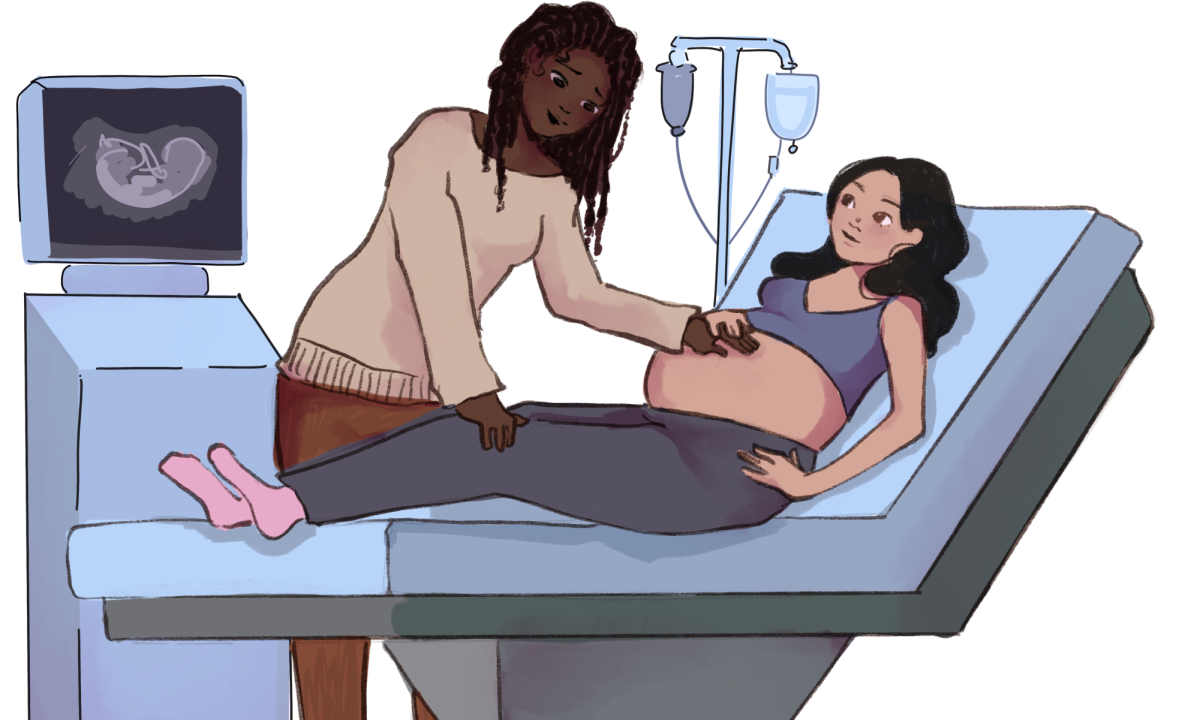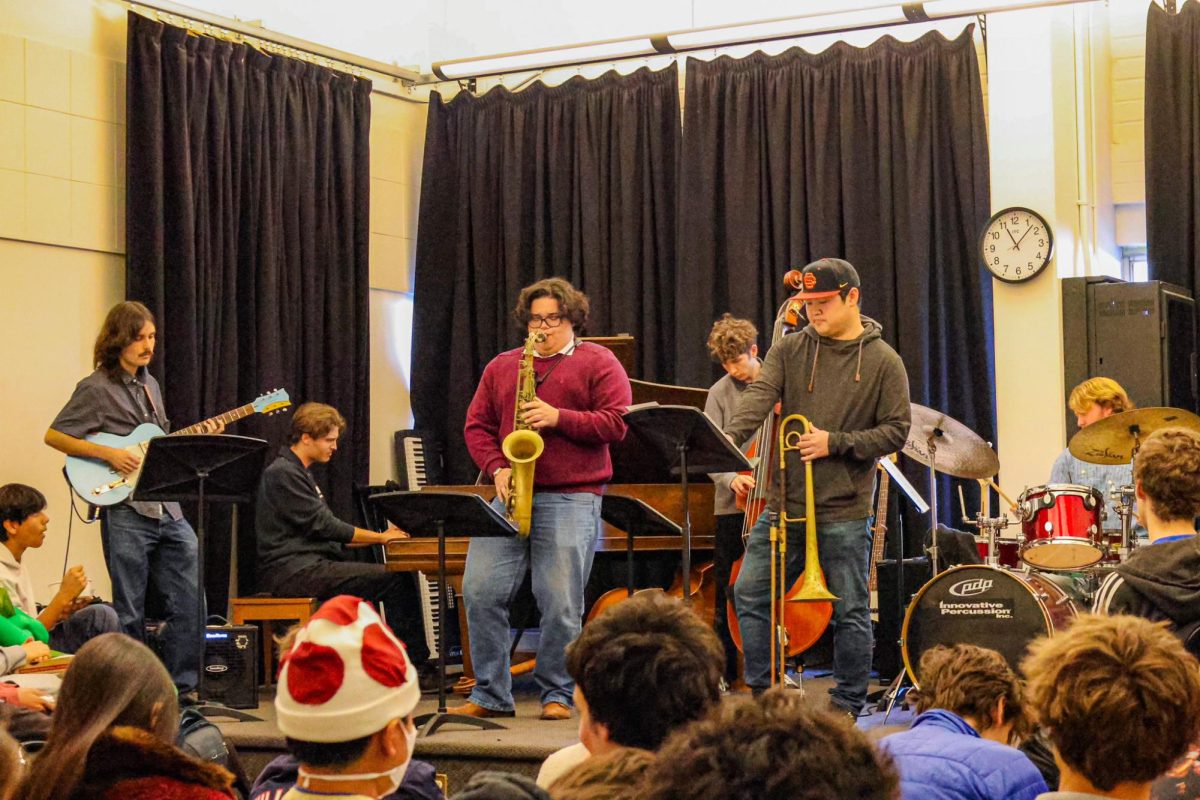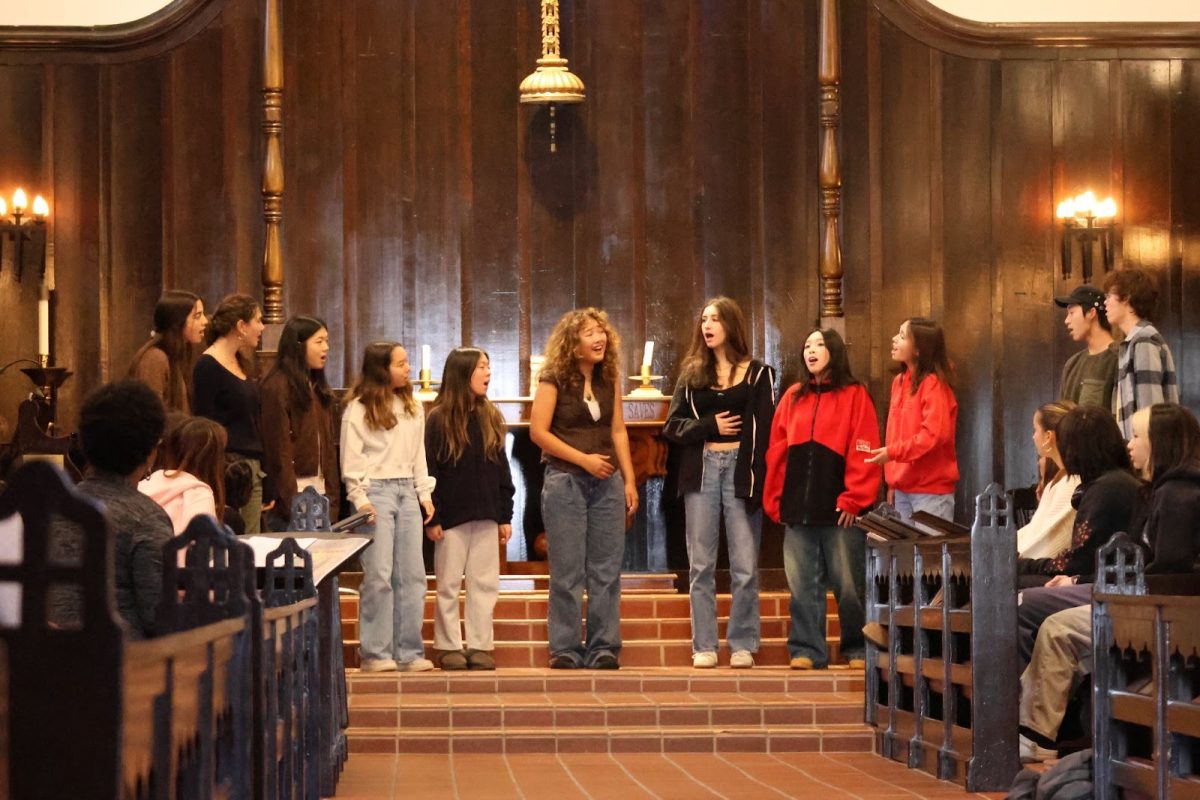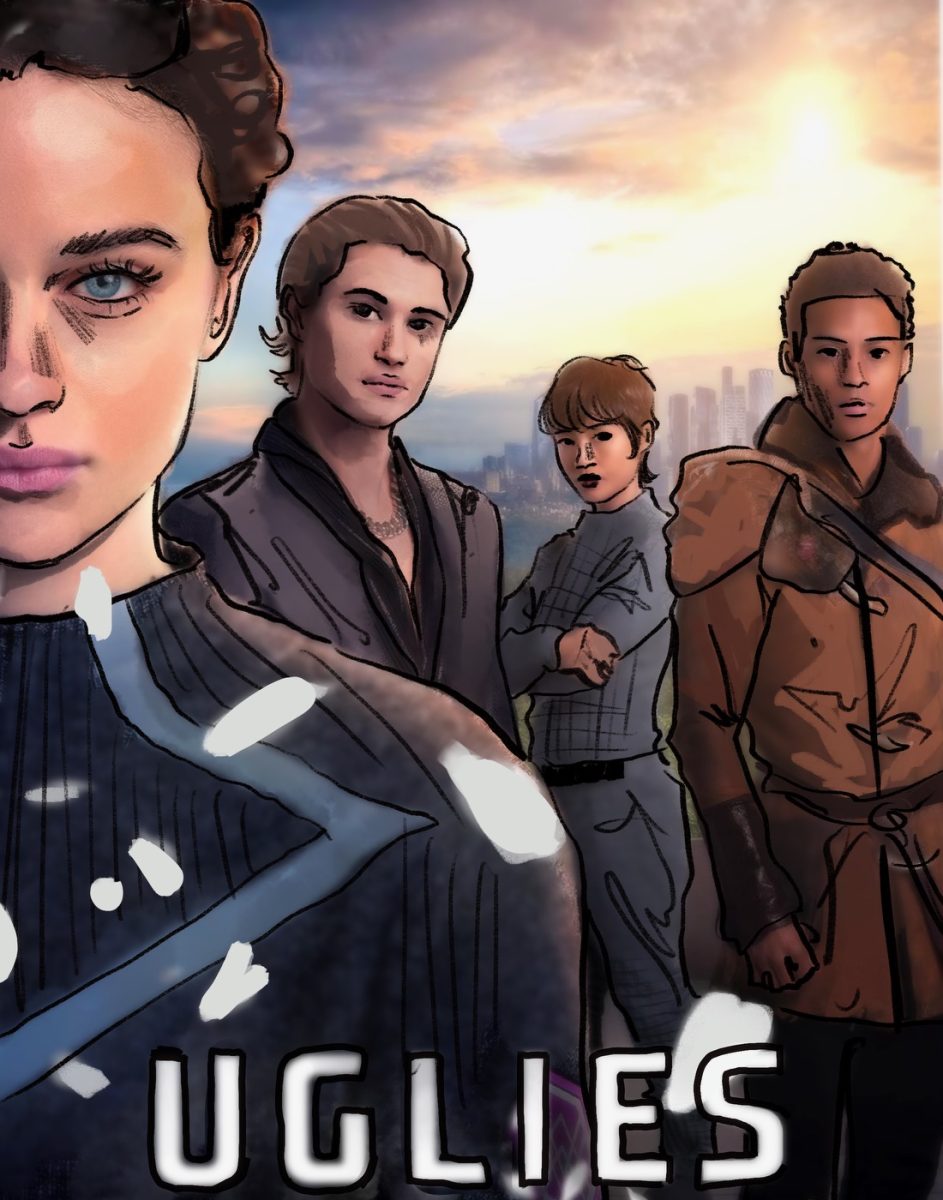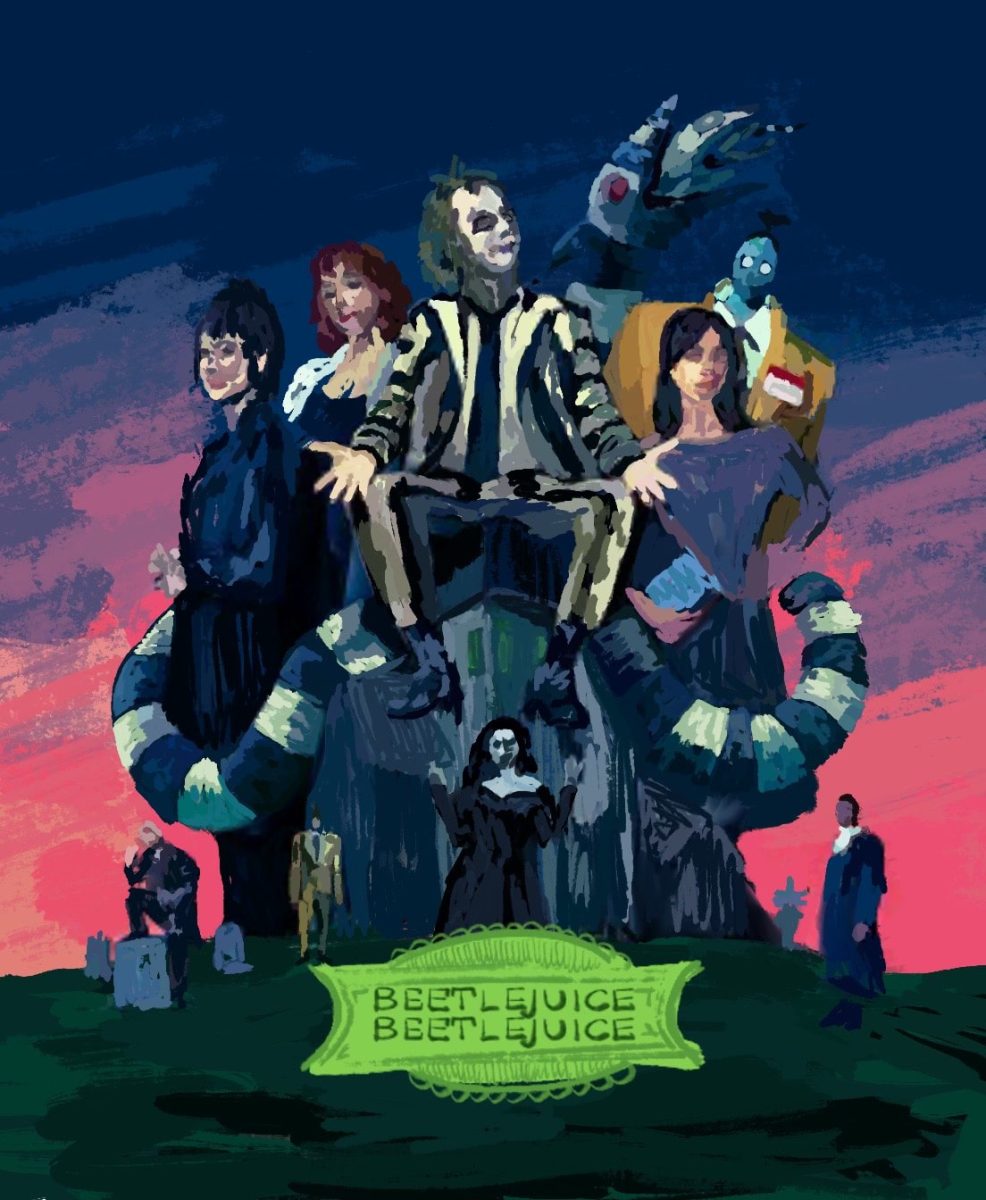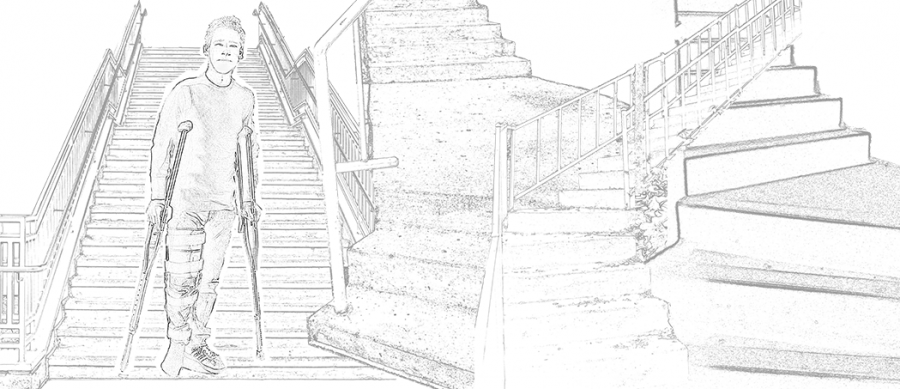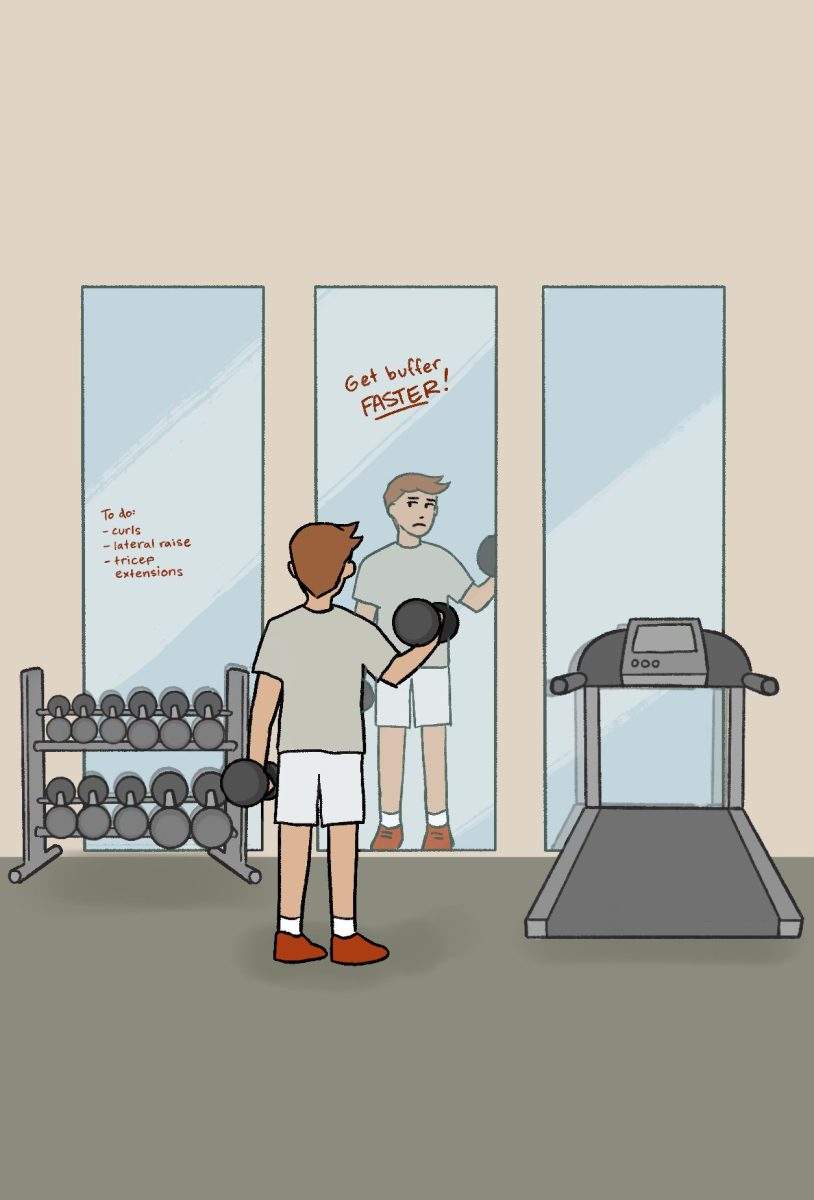Garnett March ’19 slowly places one crutch after the other as he ascends up the 36 stairs to his Spanish class in Seaver Center, the one area he cannot access via electric scooter. In a few days, though, he will be off his crutches for the first time while at the Upper School.
After March chipped a bone in his knee, he could not exert pressure on it for three months, and worried about how he would navigate the stairs of the upper school campus. Even after learning his route from class to class with Assistant to the Head of Upper School Michelle Bracken, he sought to find a more handicap-accessible way. He thought that a scooter would do the job, as he recalled that his friend Kylie Wallace ’19 had used one at the Middle School.
“Before sophomore orientation, I came here, and I met Ms. Bracken and she took me around my schedule, and showed me how to get around on my crutches,” March said. “I found out it was just too difficult to do that solely on my crutches, so I think that was what made me get the scooter.”
When students have injuries that leave them temporarily handicapped, they struggle to find ways to handle the campuses’ staircases and hills. March, Wallace and Kerry Neil ’19 share a few scooters to ride from the parking lot to the Seaver Center and the quad, but still stumble as they balance heavy backpacks on their shoulders and walk with crutches. But, making the school more handicap accessible may be impossible, administrators said.
“It would be a monumental task to create ramps where stairs are right now,” President Rick Commons said. “One has to use the driveway, and that, I’m sure, is difficult for someone on crutches.
Upper School Dean Sharon Cuseo said the deans make sure to introduce injured students to the elevator in the library and the one in Chalmers Hall, which only goes to the first and second floors of the building. However, deans are sometimes forced to change a student’s schedule to avoid a class on the third floor of Seaver since it “isn’t really accessible,” she said.
“It is a common topic of discussion to make the school more accessible,” Cuseo said. “We are in a situation where we hopefully will be making changes to the buildings in the future that obviously will change everything, but we are dealing with some very old architecture and we are obviously up to code, but I do think that would be a huge priority in the future.”
Private schools are subject to comply with the Americans with Disabilities Act, a civil rights act that prohibits discrimination against individuals with disabilities in all areas of public life, including schools.
However, Professor of Law Laurie Levenson (Solly Mirell ’06, Havi Mirell ’08, Dani Mirell’17) said that the school is probably allowed an exception for buildings and walkways built before the act was passed in 1990.
Students who have had to use crutches at the Upper School said it would be beneficial for many students to make some adjustments to the campus.
“I was definitely not the only one who was on crutches,” said Gillian Gurney ’17, who tore her ACL and partially tore her meniscus during her sophomore year.
“I came back from winter break and there were seven kids who also had the same surgery that I did. Plus, I had friends who’ve been in wheelchairs who can’t even [climb] stairs at all. So I think it’s very important that there’s time devoted to helping kids because there’s a significant portion of kids who will be on crutches at one point during their Harvard-Westlake career.”
To get to her art class from her English class in Rugby Hall, Neil has to use her crutches to get to the elevator in the science building, and then scooter across the back road to Feldman Horn.
March said using his crutches takes a lot more time than the scooter, yet he does not have an alternative way to get to his Spanish class, causing him to be late.
March, Wallace, Neil and Gurney said that teachers have been lenient and understanding, allowing them to arrive a few minutes late without any penalty.
“I emailed all my teachers during winter break saying that I would be late,” Gurney said. “They were very understanding, it’s just that I felt pressure that I needed to get there even though they were very understanding.”
Students said they would like for the school to better accommodate handicapped students, an idea the Commons agrees with.
“If there are good suggestions that people have, I’d be open to them,” Commons said. “We need to do everything we can to make it easier for people who are disabled temporarily or permanently.”

